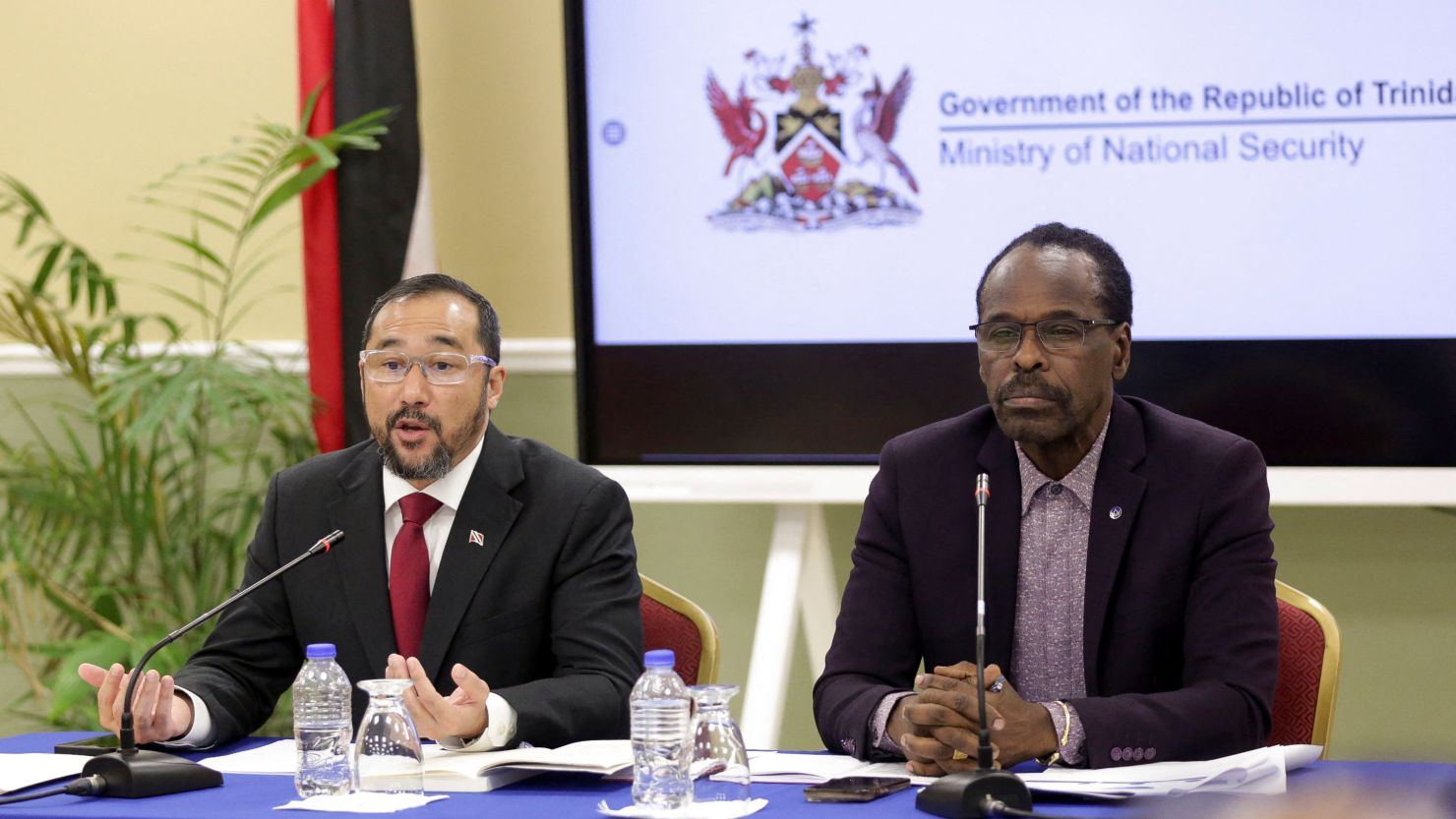The dual-island Caribbean nation of Trinidad and Tobago has found itself at the center of global attention after a surge in violence led the government to declare a state of emergency.
With a murder count of 623 so far in 2024 and a population of only 1.5 million, the country now grapples with some of the highest violence levels in the region. The crisis highlights systemic issues of gang violence and organized crime, prompting urgent governmental intervention.
The Scale of Violence: A Grim Reality
Trinidad and Tobago has witnessed an alarming escalation in violent crime, with recent incidents underscoring the severity of the situation.
Over a single weekend, five men were fatally shot in an estate near Port of Spain, a man was killed outside a police station, and a 57-year-old woman lost her life while picking up her son from a hospital in San Fernando. These incidents paint a stark picture of a society struggling under the weight of escalating criminal activity.
The statistics are sobering. Nearly half of the murders in 2024 have been attributed to gang-related activities, with most linked to organized crime.
Read : Trinidad and Tobago: The Enchanting Twin-Island Paradise Brimming with Vibrant Wonders
High-velocity assault weapons, reprisal killings, and territorial disputes among gangs have contributed to the chaos. This spate of violence has rendered the country one of the most dangerous places in Latin America and the Caribbean.
Read : Crime Challenges: Examining the Top 10 Countries with High Crime Rates
Attorney General Stuart Young, addressing the nation, emphasized the brazen nature of these acts. He warned of a potential wave of retaliation that could further destabilize public safety, necessitating urgent and unprecedented measures.
Government Response: Emergency Powers and Their Implications
In response to the crisis, Prime Minister Keith Rowley’s administration invoked emergency powers granting the police and military extensive authority. Under these powers, security forces can detain individuals without charges and search properties without warrants, aiming to dismantle organized crime networks.
Prime Minister Rowley expressed deep disappointment in the spiraling murder rate, urging law enforcement to leverage their new powers to make life “uncomfortable” for criminals. While no curfew has been imposed, the heightened security measures underscore the seriousness of the situation.

President Christine Kangaloo’s proclamation reiterated the gravity of the emergency, citing the extensive scale of violence as a threat to public safety. These measures are seen as a desperate attempt to restore order in a country where crime has steadily worsened over the past decade.
However, this approach raises questions about its impact on civil liberties. The suspension of certain legal safeguards, such as the need for warrants, could potentially lead to abuses of power. Critics have also questioned the absence of Rowley at a pivotal press conference, pointing to a lack of visible leadership during the crisis.
Underlying Issues: The Root Causes of Violence
The crisis in Trinidad and Tobago is not merely a sudden eruption of violence but rather the culmination of deep-seated issues. Gang violence has festered over decades, fueled by socioeconomic inequalities, unemployment, and limited opportunities for youth. The proliferation of firearms, often trafficked through porous borders, has compounded the problem.

Organized crime networks have entrenched themselves in various sectors, including drug trafficking and extortion, creating a cycle of violence that is difficult to break. The government’s failure to address these systemic issues has contributed to the rising homicide rate, with crime escalating to levels unseen in the country’s recent history.
The declaration of a state of emergency is a short-term solution aimed at curbing immediate threats, but it does little to address the root causes. Long-term strategies involving community engagement, economic reforms, and educational initiatives are crucial to dismantling the conditions that enable organized crime to thrive.
The dual-island nation, known for its vibrant culture, beautiful landscapes, and rich heritage, now faces an uphill battle to restore its image and ensure the safety of its citizens. The coming months will test the effectiveness of the government’s response and its ability to strike a balance between security and civil liberties.

